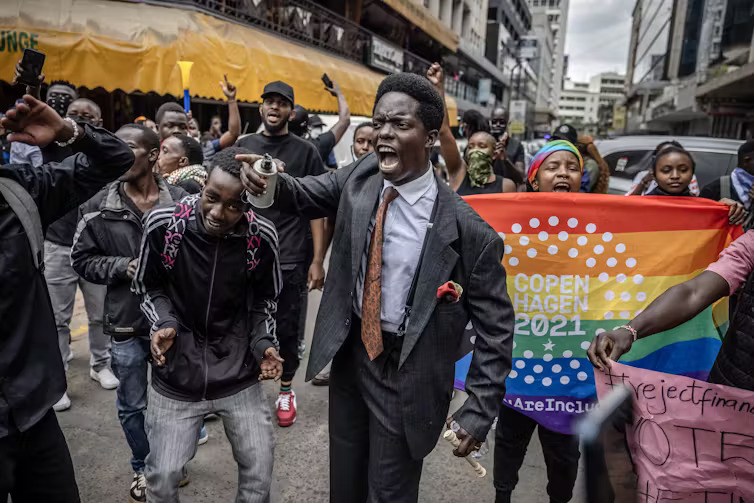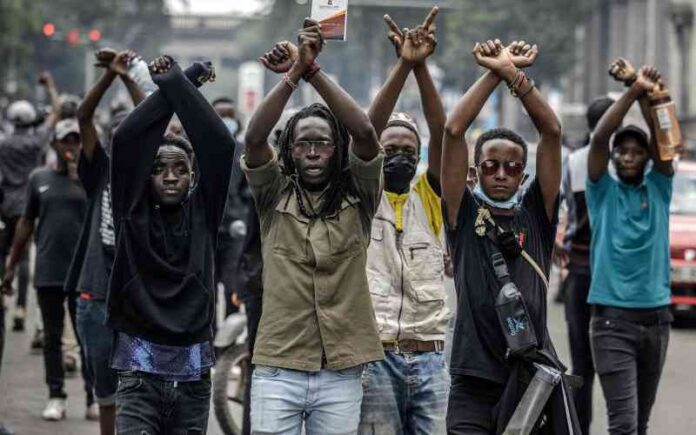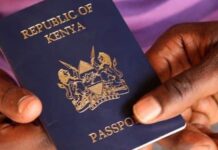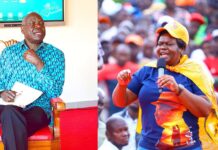One year after Kenya’s historic Gen Z-led protests against rising taxes and entrenched corruption, the movement’s young activists remain resolute, but divided on the path forward.
Sparked by a controversial finance bill that significantly increased taxes in a country where nearly 40% of the population lives in poverty, the 2024 protests marked a turning point in Kenya’s political activism. What began as spontaneous, leaderless demonstrations quickly swelled into a powerful uprising that culminated on June 25, when thousands stormed parliament in defiance. The unrest ultimately forced President William Ruto to withdraw the bill.
“It was spontaneous, leaderless, and unlike anything our country had ever seen,” recalled Hanifa Adan, 28, one of the most prominent faces of the protests. But the momentum was met with a harsh crackdown, police violence left at least 60 dead and dozens detained, causing the protests to subside in the following weeks.
Despite the trauma, many participants saw the movement as a rejection of Kenya’s entrenched ethnic-based politics. Instead, young people rallied around shared grievances such as unemployment, inequality, and impunity for the political elite.
However, the unity that defined the protests has since given way to ideological differences.
Adan has continued advocating through street demonstrations on issues like women’s rights and police brutality. She believes in seeking political power, but not through traditional party structures. “Many young people are no longer content with just protesting from the outside. They want to be the ones shaping policy, not just reacting to it,” she said, emphasizing a new wave of youth leadership unaffiliated with Kenya’s dominant, often corrupt, political parties.
In contrast, Kasmuel McOure, 27, another high-profile protest figure, has taken a different route. Now allied with veteran opposition leader Raila Odinga, who has recently cooperated with the government, McOure brands himself “a party man through and through.”
His pivot has sparked accusations of betrayal from former protest allies, but McOure remains unapologetic. “If you’re going to play politics, then let’s play it properly,” he stated, arguing that the Gen Z movement was too disorganized to drive real change.

Kasmuel McOure during the protests. PHOTO/COURTESY
Still, Adan sees value in the diversity of approaches. “The same youth who faced teargas, who organized medical drives and online campaigns, those are the same people now preparing to take office,” she said. “They’re running not to join the system, but to transform it.”
As Kenya looks toward the 2027 elections, the Gen Z generation remains a political force in transition, still energized, but searching for the right road ahead.
Written By Rodney Mbua



















